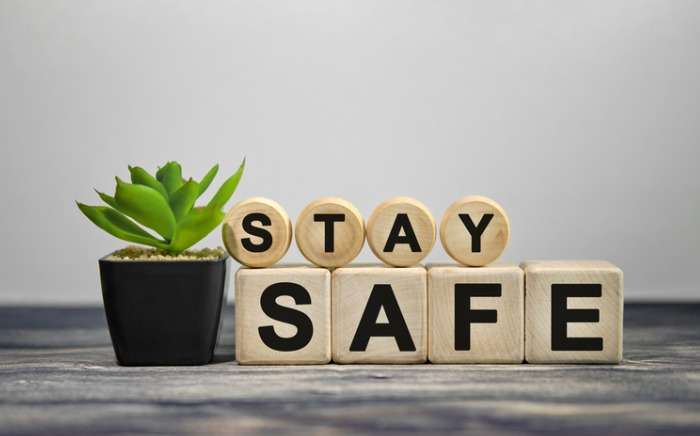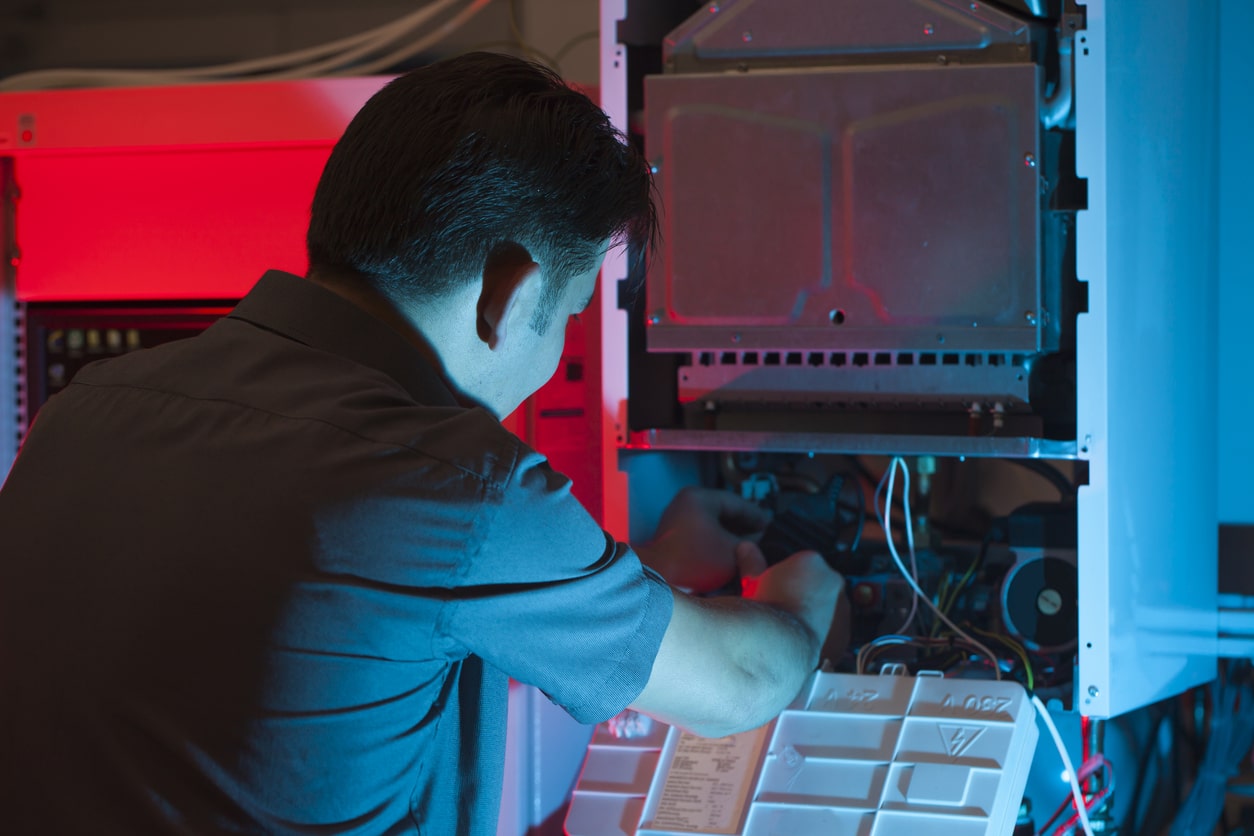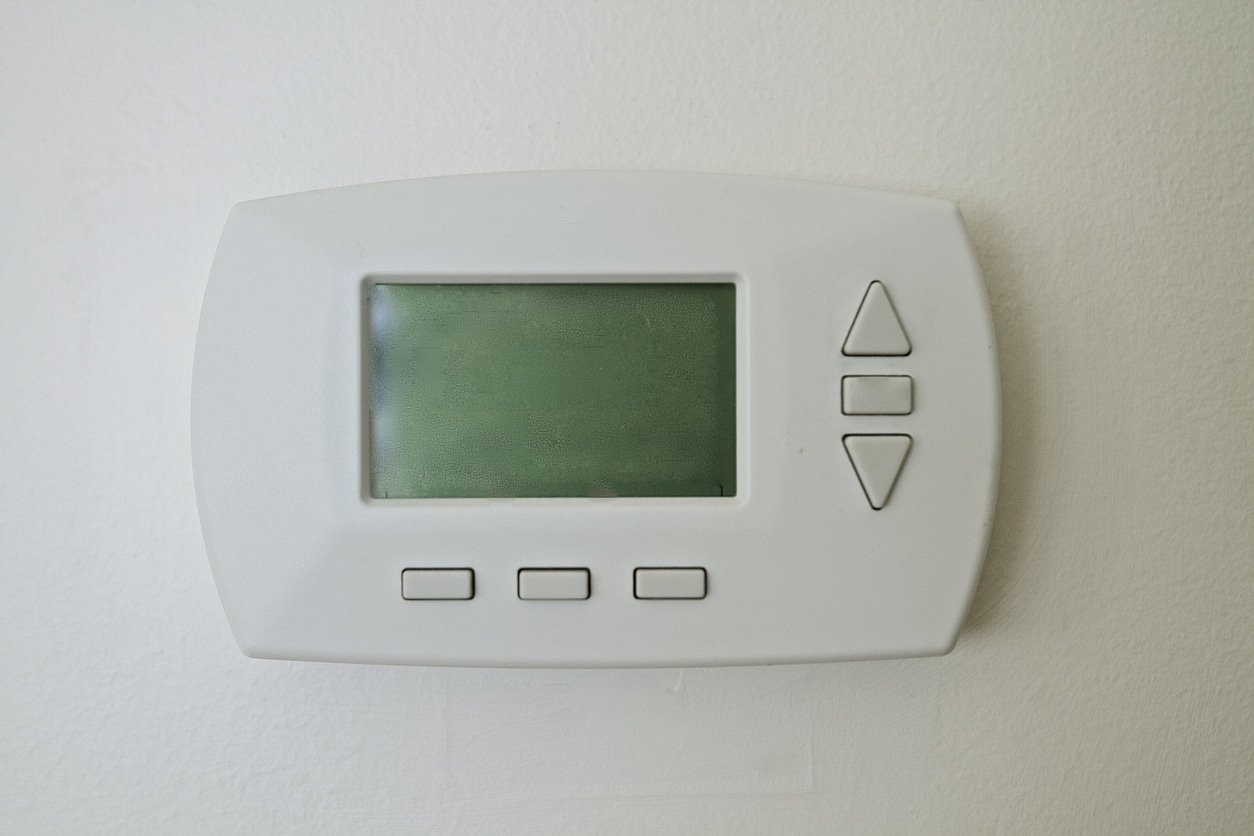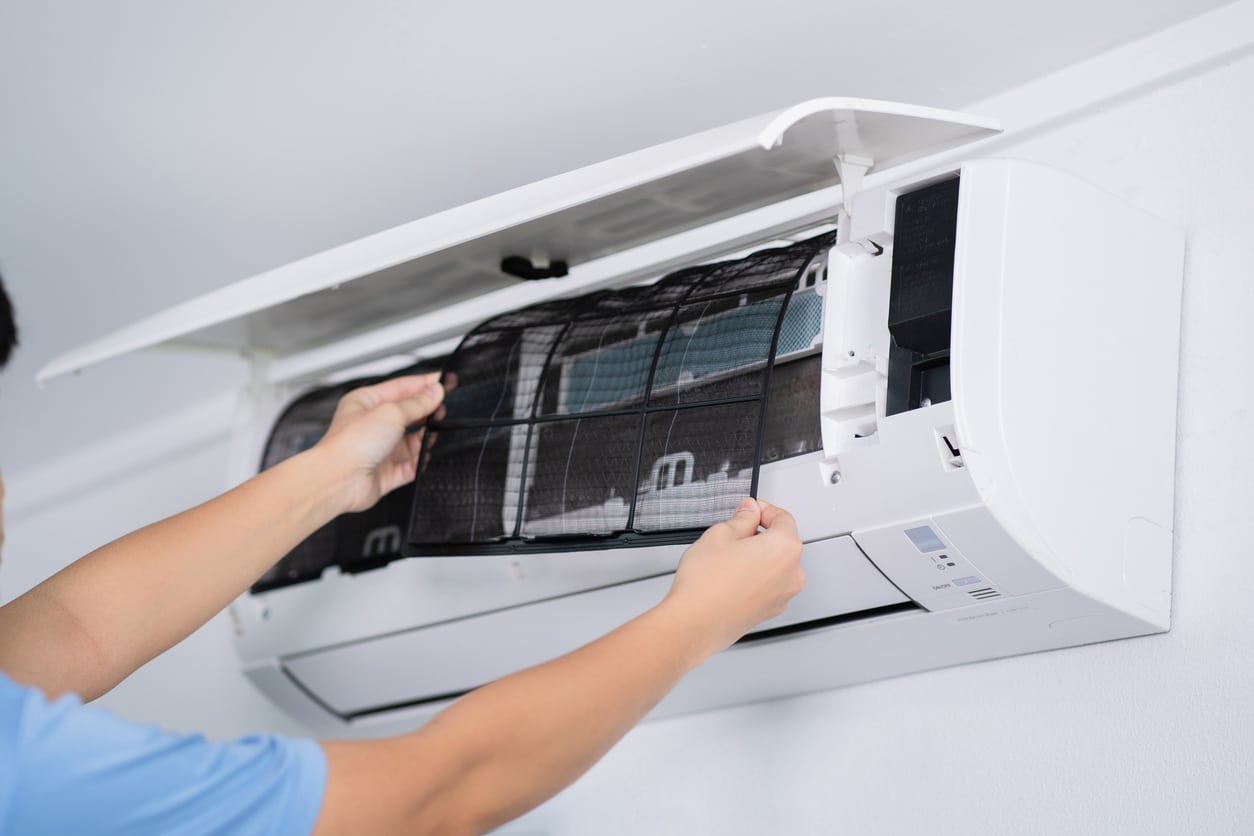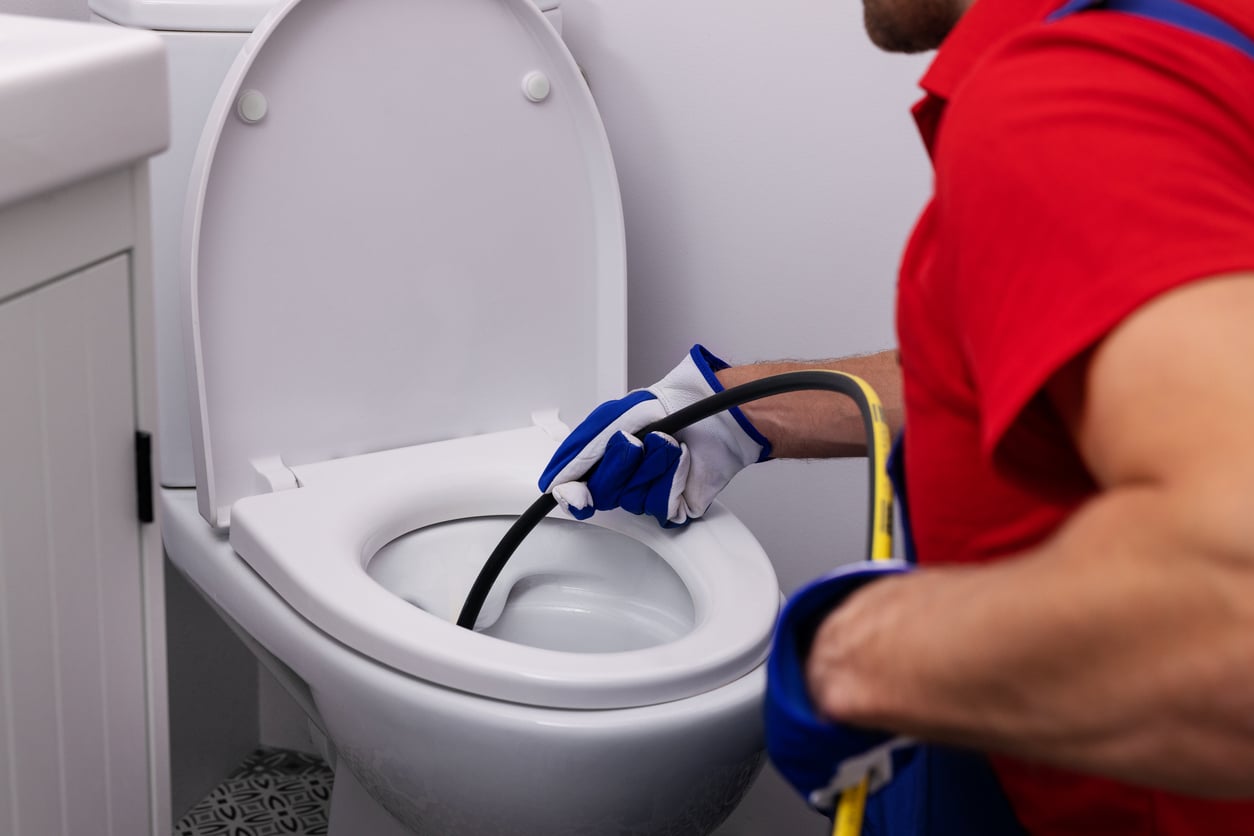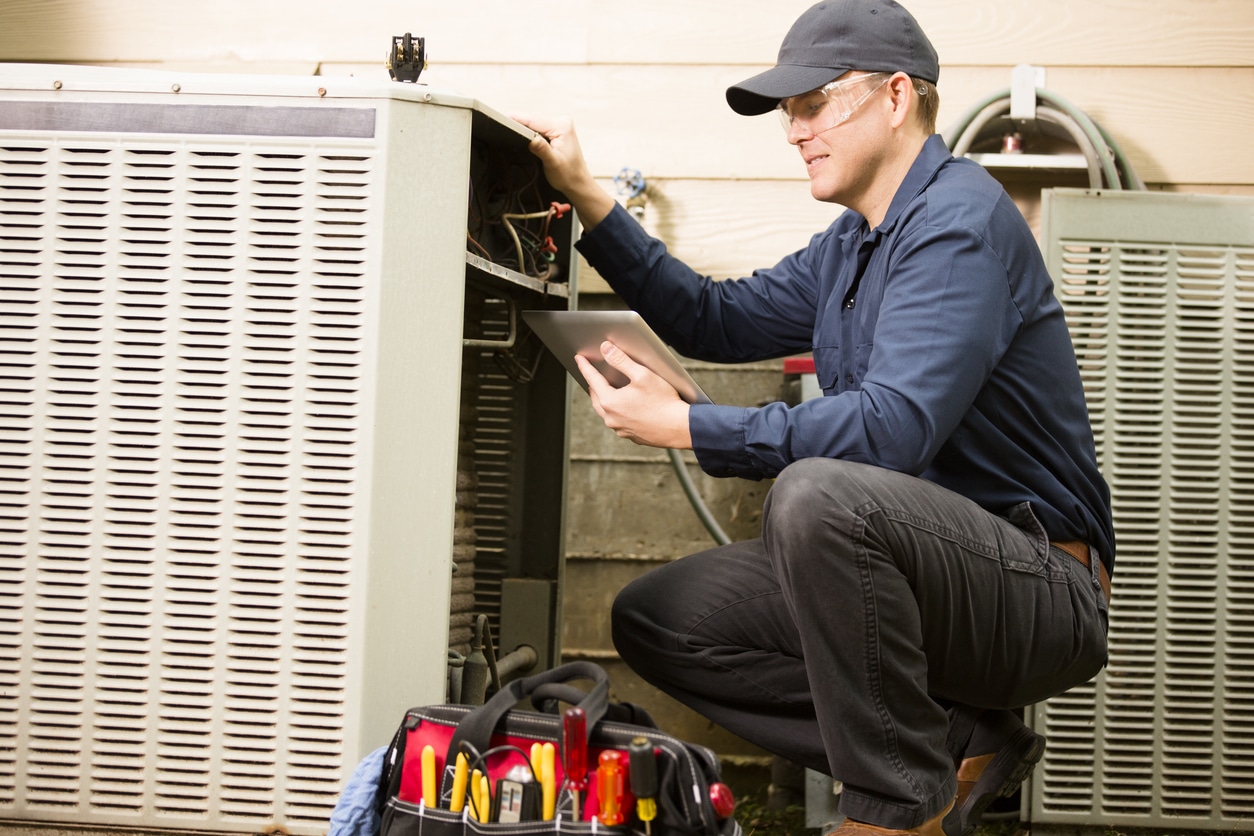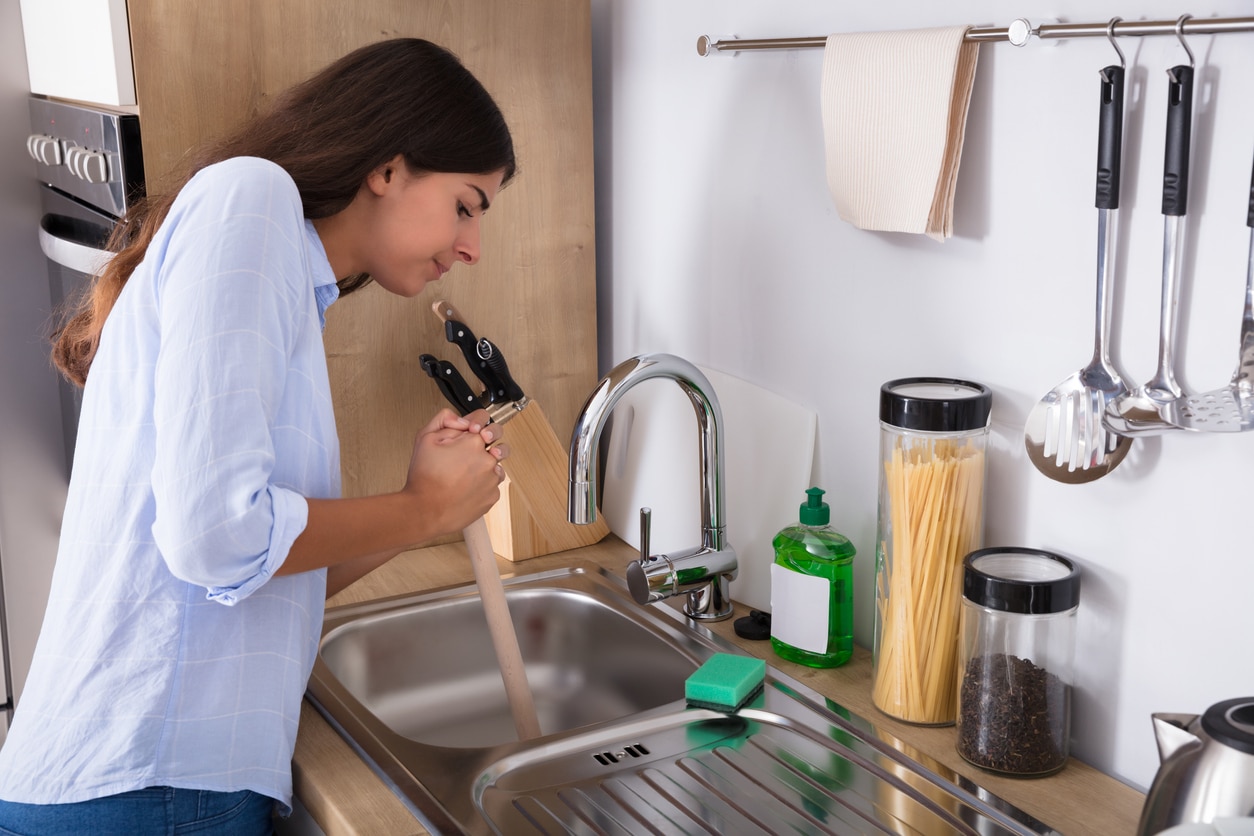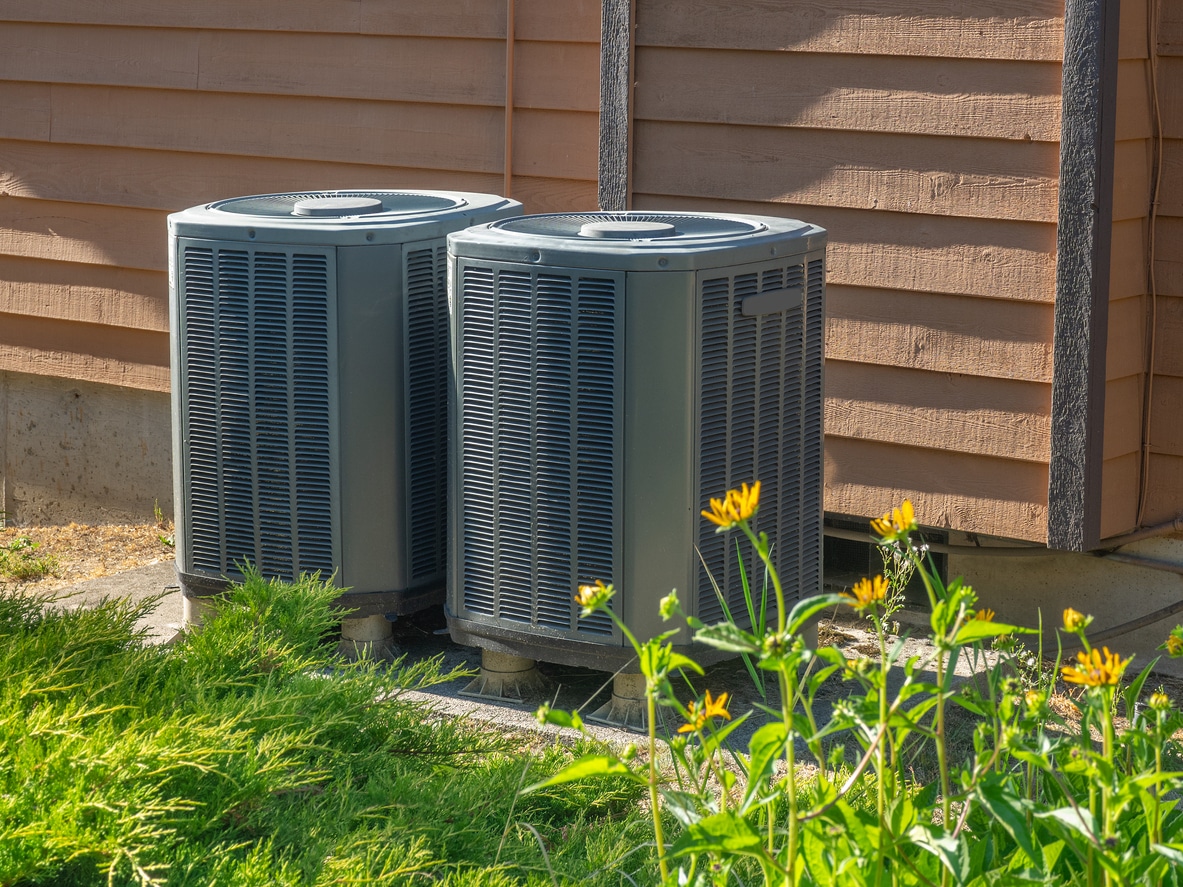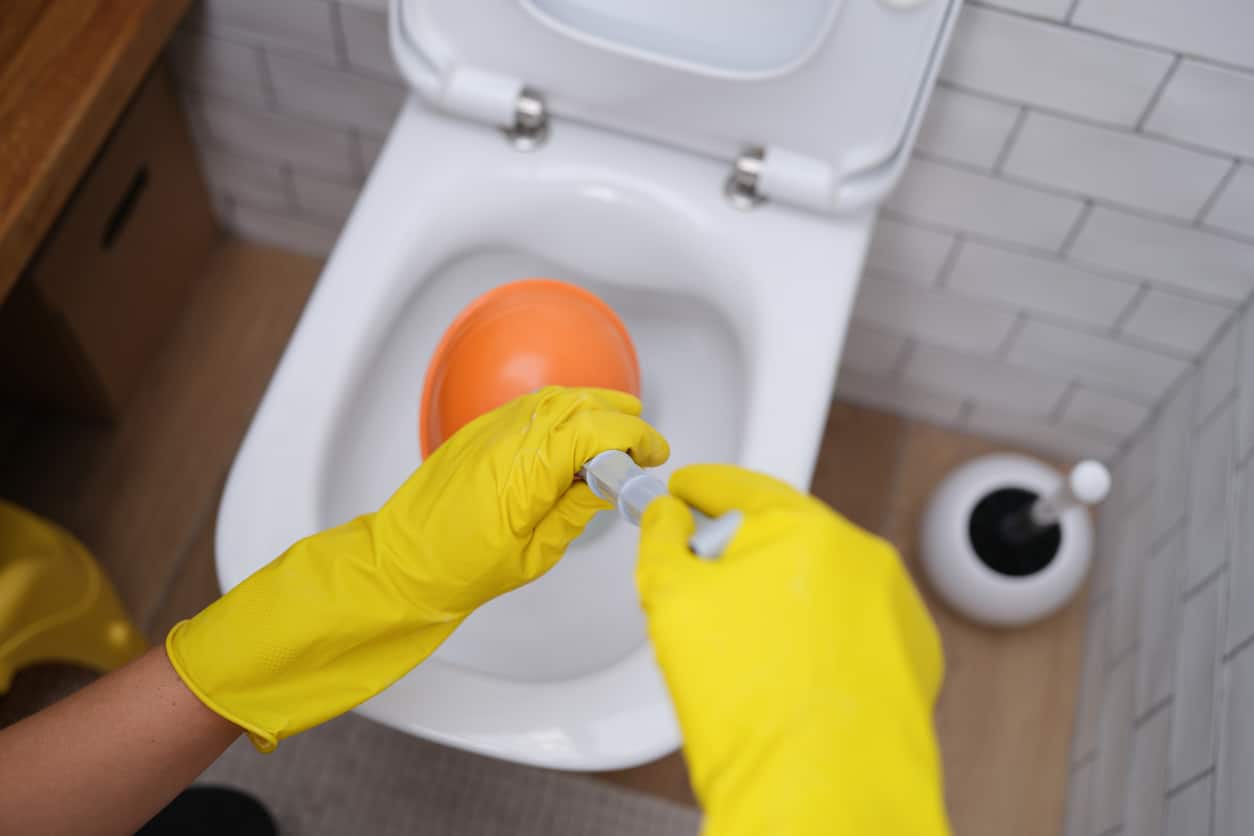After fires that occur in the kitchen, the second leading cause of fires in the home are due to heating systems. Industry techs would like to share a few heating fire safety tips so that homeowners can stop these horrific incidents from happening before they start.
Simply being prepared can significantly reduce the risk of having a fire, or make a home fire not as tragic should an accident occur.
Remember to Change Heating and Furnace Filters
It is easy to put off or forget to change a home’s heating/furnace filters. On average, it is recommended that filters be changed no more than every 90 days.This allows the homeowner to clear out any flammable materials that may have been collecting on the filter, which can easily cause a fire in the home.
If homeowners are unsure about the size or type of filter that they need for each specific heater/furnace, contact an HVAC professional for assistance.
An easy way to prevent home fires and maintain heating fire safety is simply by setting a reminder or making a note on the calendar to change the filter as often as recommended. An additional benefit this provides is that it can also save money on heating costs!
Be Careful With Space Heaters
By far, the largest amount of fires in the home are attributed to space heaters. While running a space heater in the home, there should always be someone in the home to attend to it.When purchasing a space heater, in order to ensure the most heating fire safety possible, look for one either an emergency cut-off or an automatic shutdown in the case of the space heater falling over or overheating.
It is also important to plug the space heater directly into a wall as opposed to a power or extension cord. When choosing a place for the space heater, another heating fire safety tip is to make sure to locate it at least three feet from anything flammable – especially curtains and furniture. It is best to place it directly in the middle of a room, if possible.
Make Sure to Have Home Insurance
Accidents are called that because they happen without a plan or warning. Even if the homeowner follows all of the heating fire safety tips, a home fire can still occur. If one happens, it is important that they have home insurance. When purchasing a home insurance policy, verify that it has fire coverage.Most commercial plans cover the dwelling and detached structures as well as personal property (at an amount set by the homeowner). Make sure to update coverage with any major changes in either the inside or outside of the home.
With an average of over 380,000 home fires annually, home insurance can literally become a lifesaver. Accidents happen, but preparedness and heating fire safety can make sure that the homeowner is at least one step ahead.

